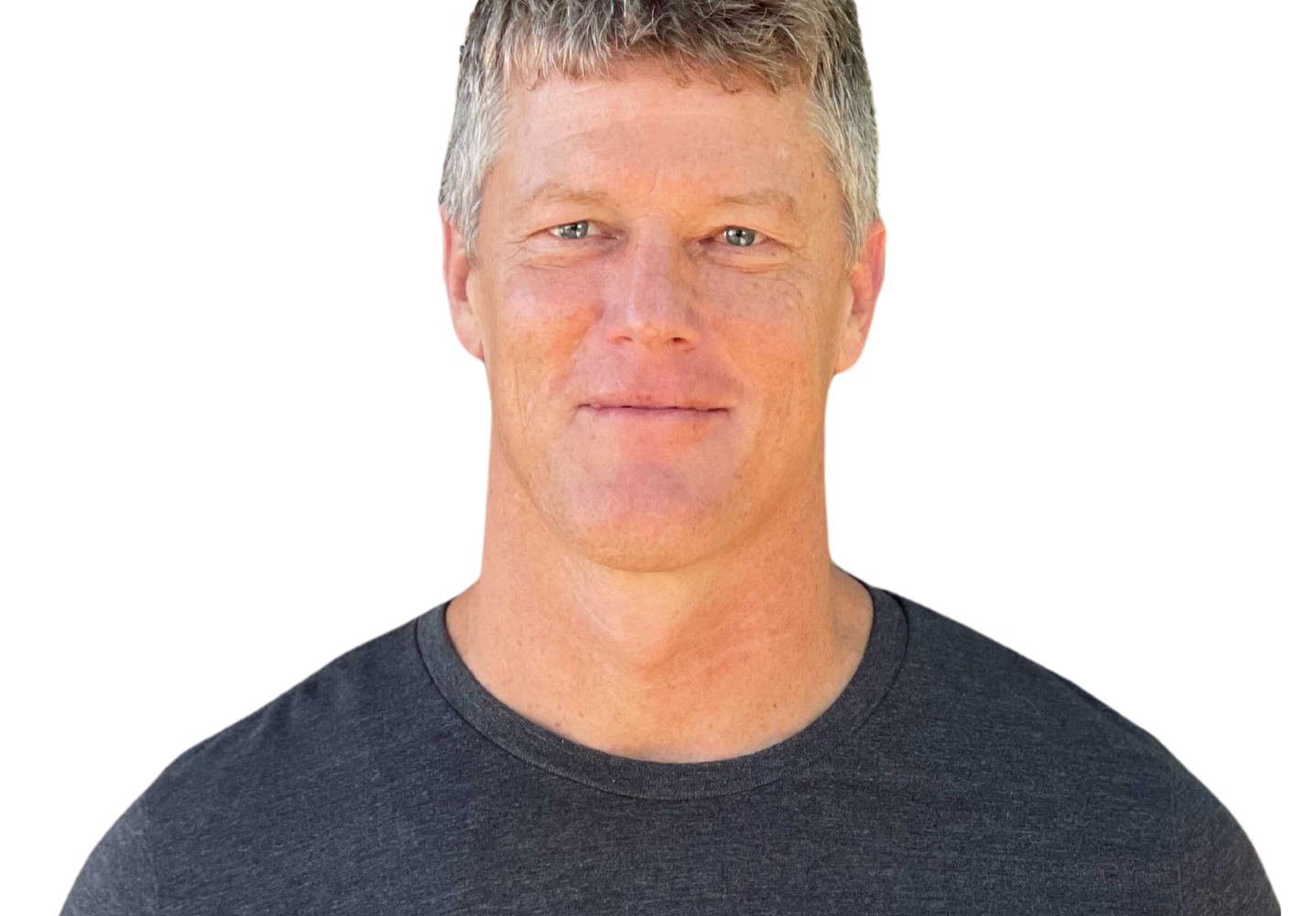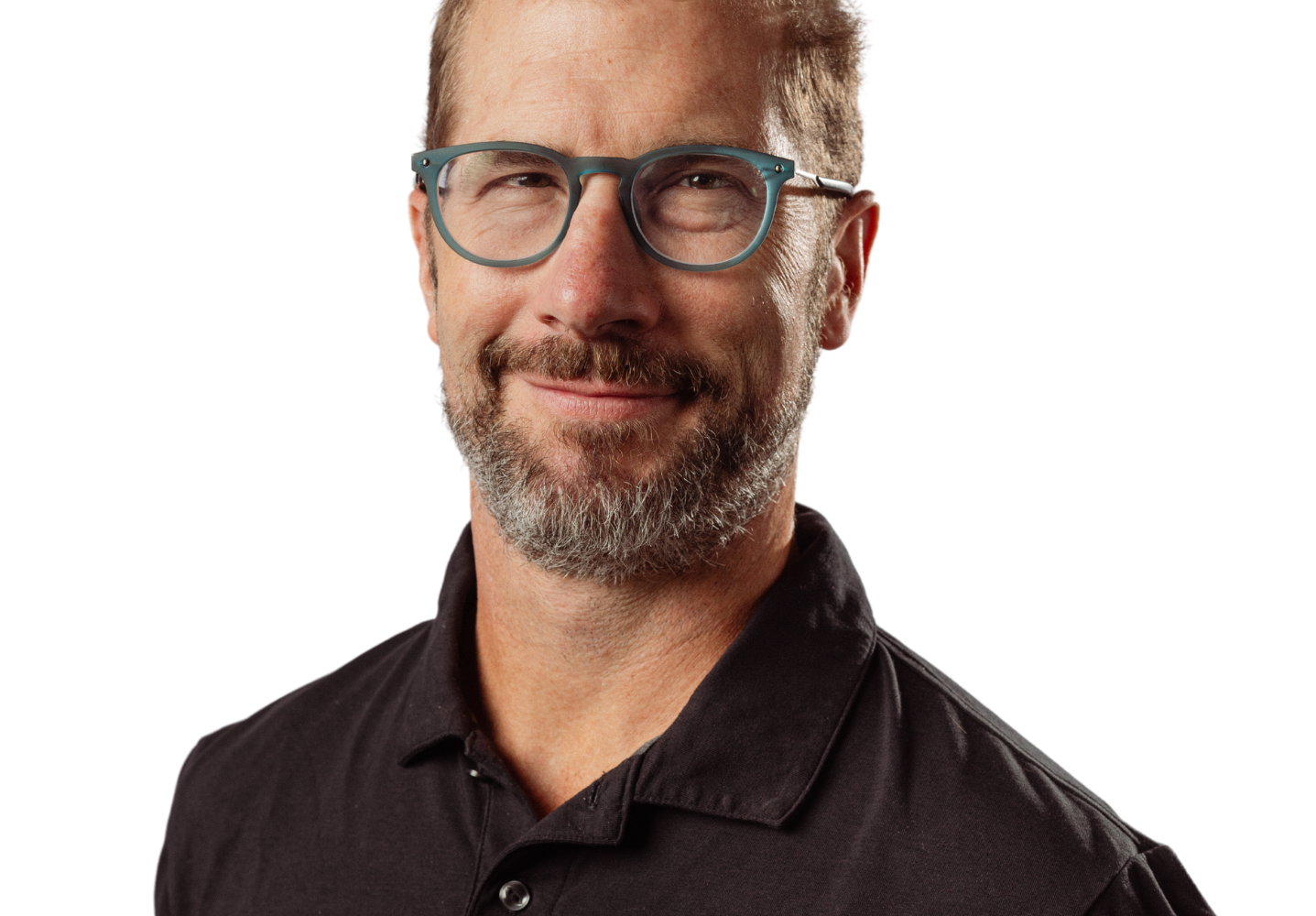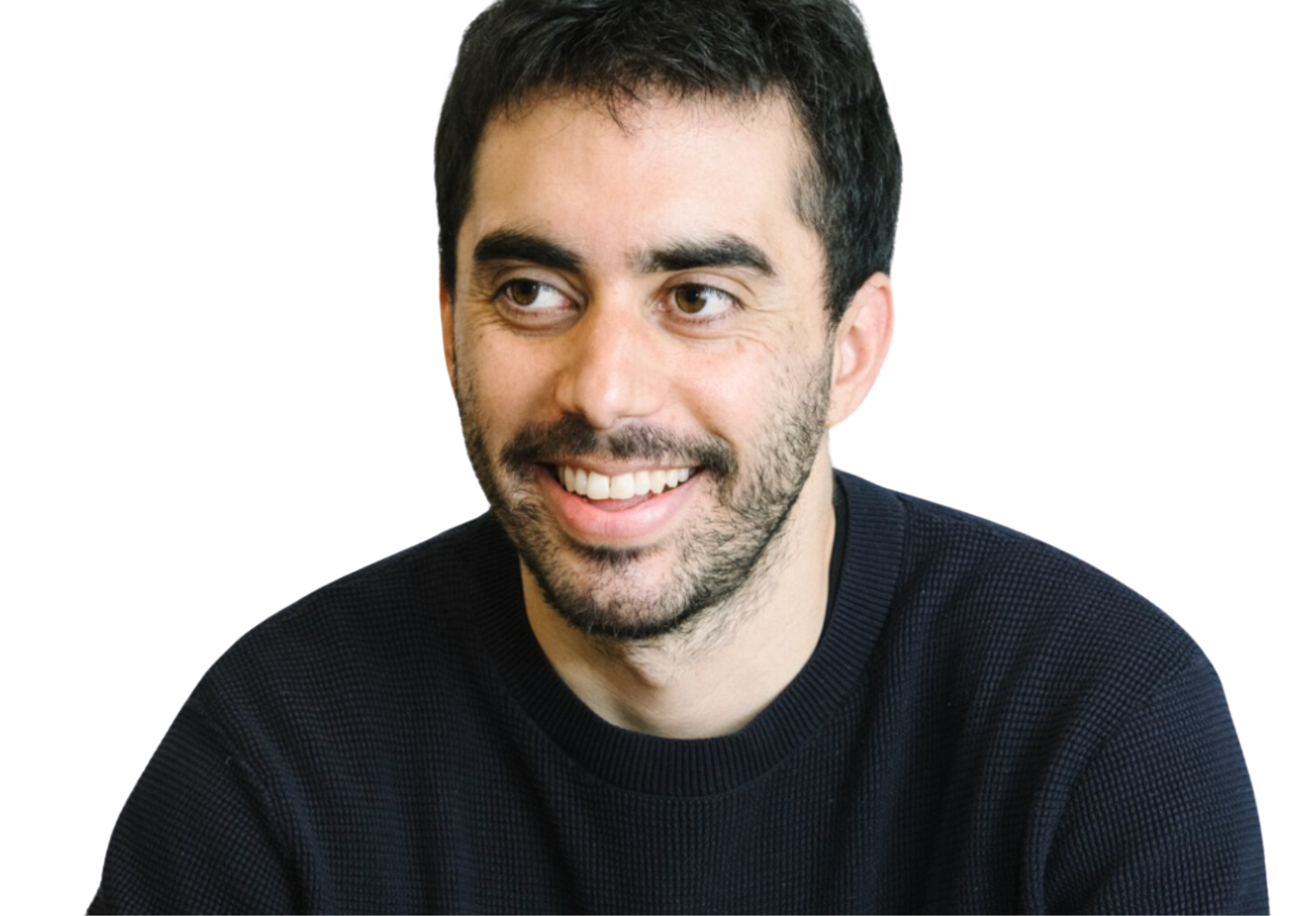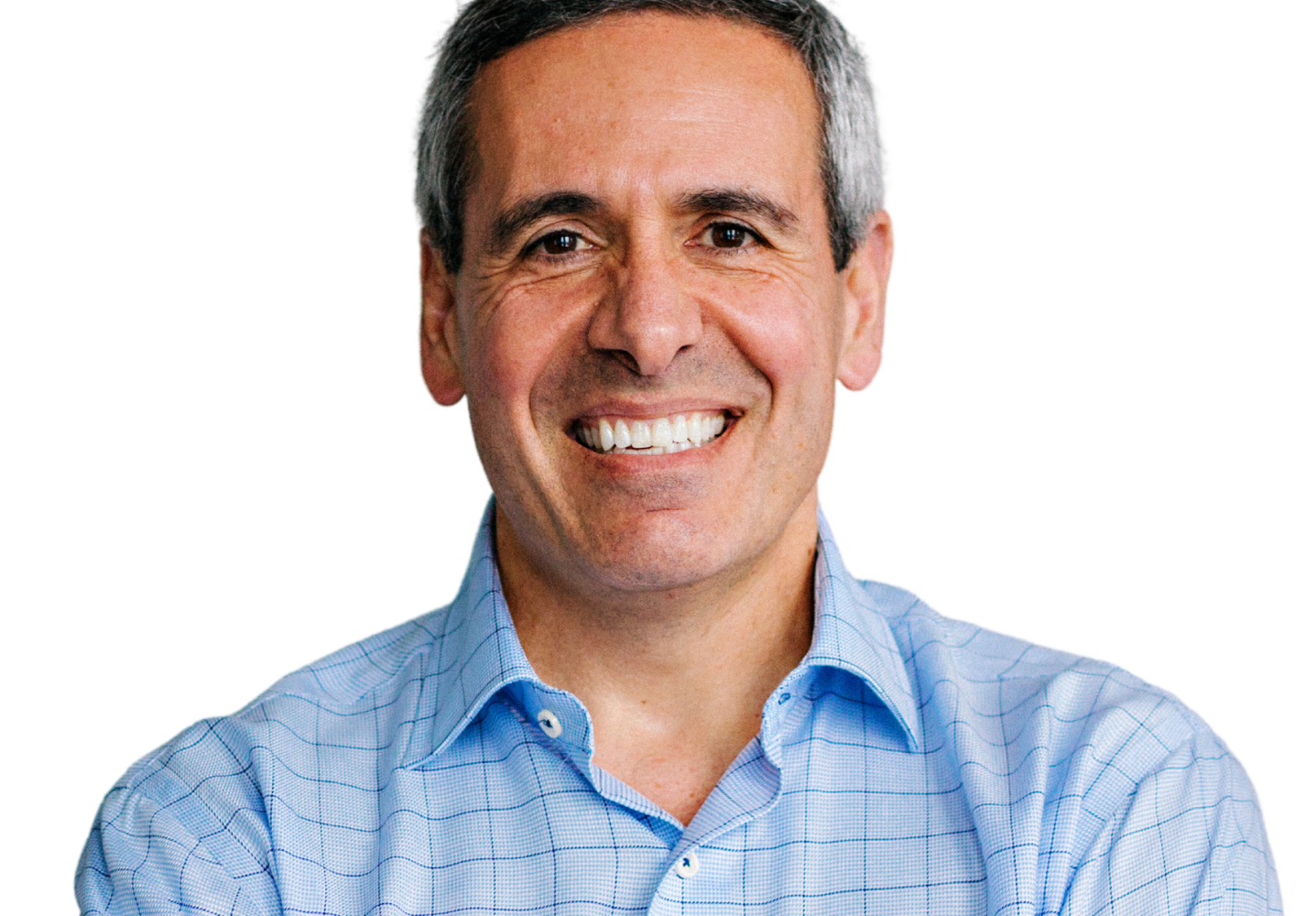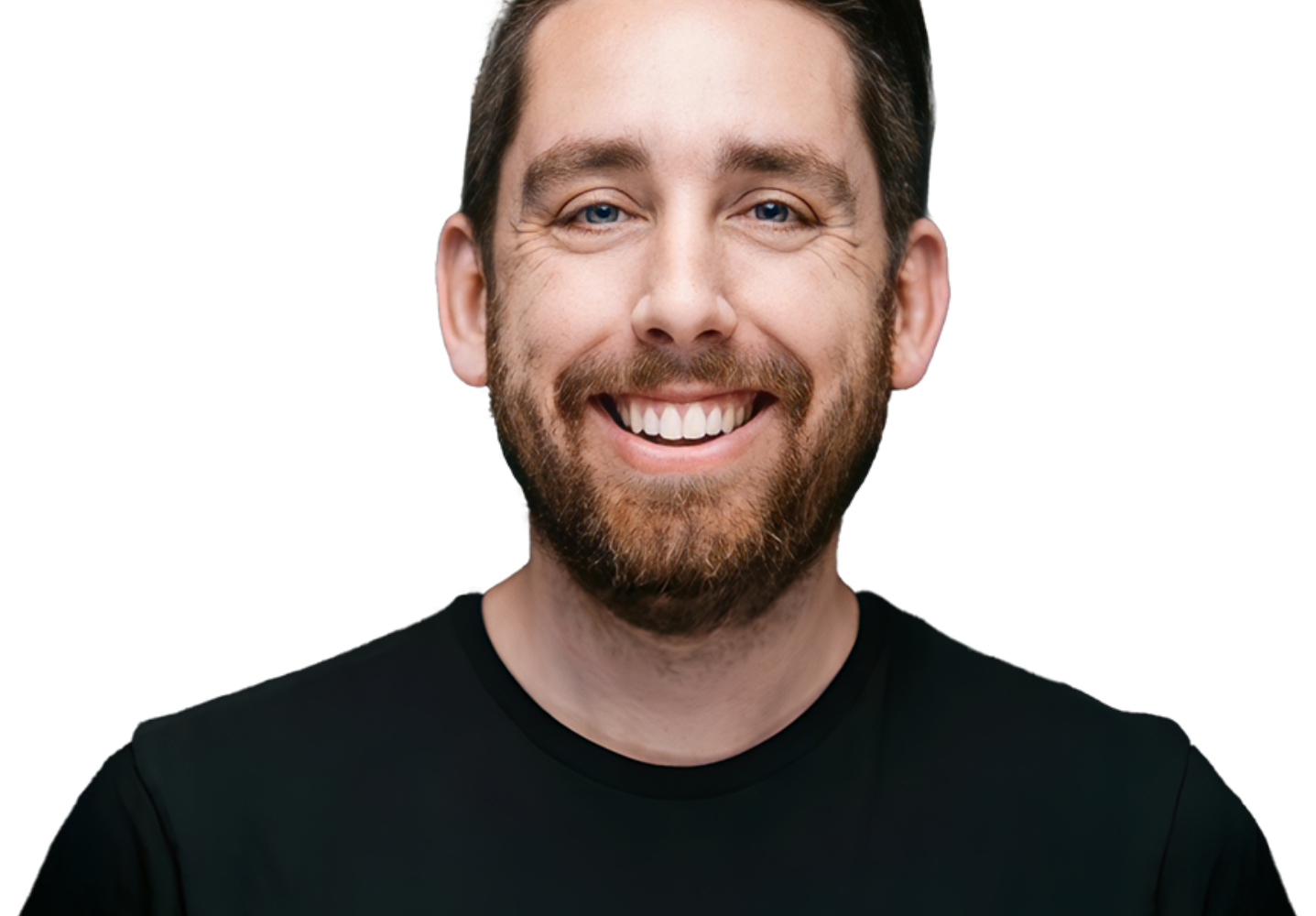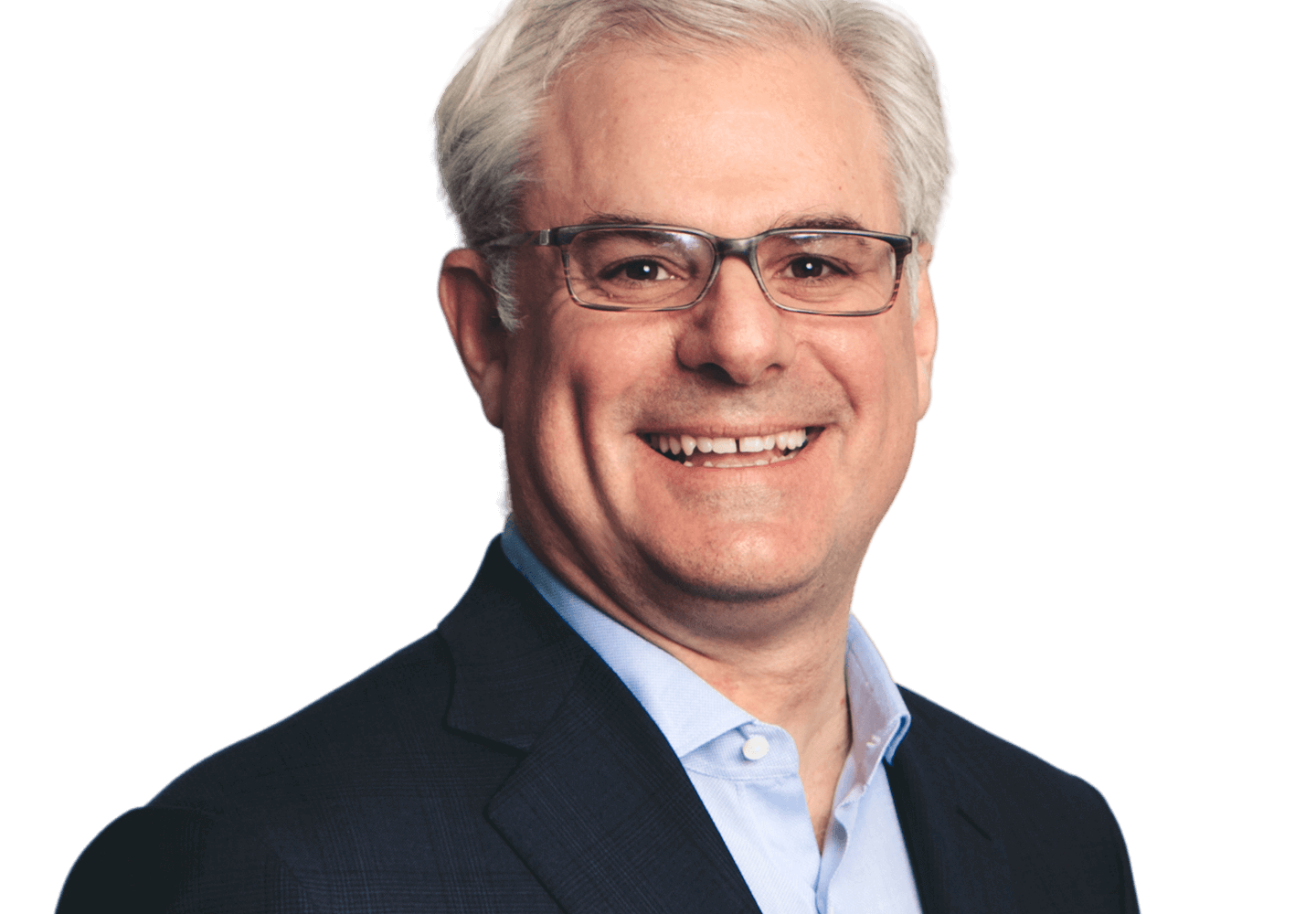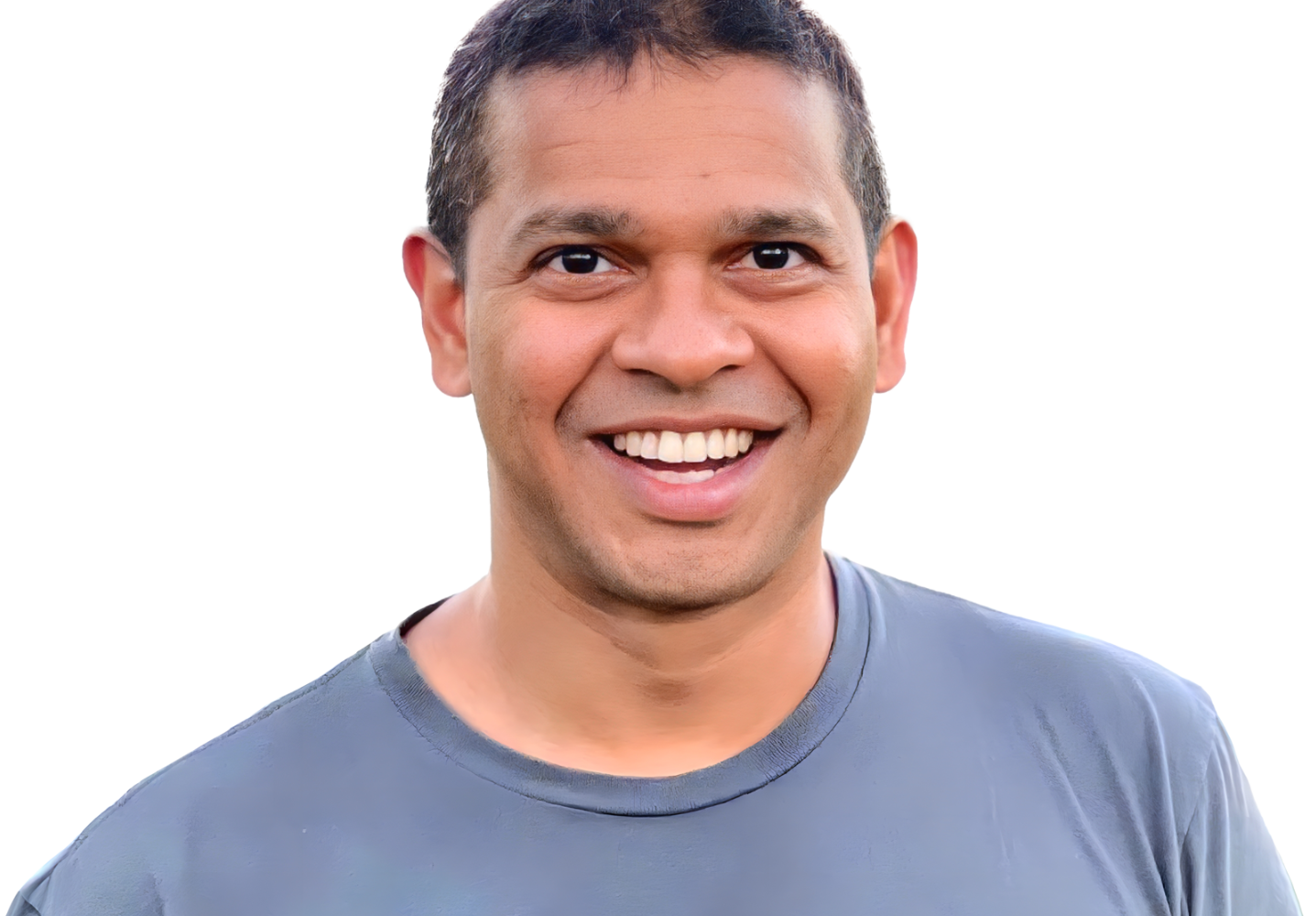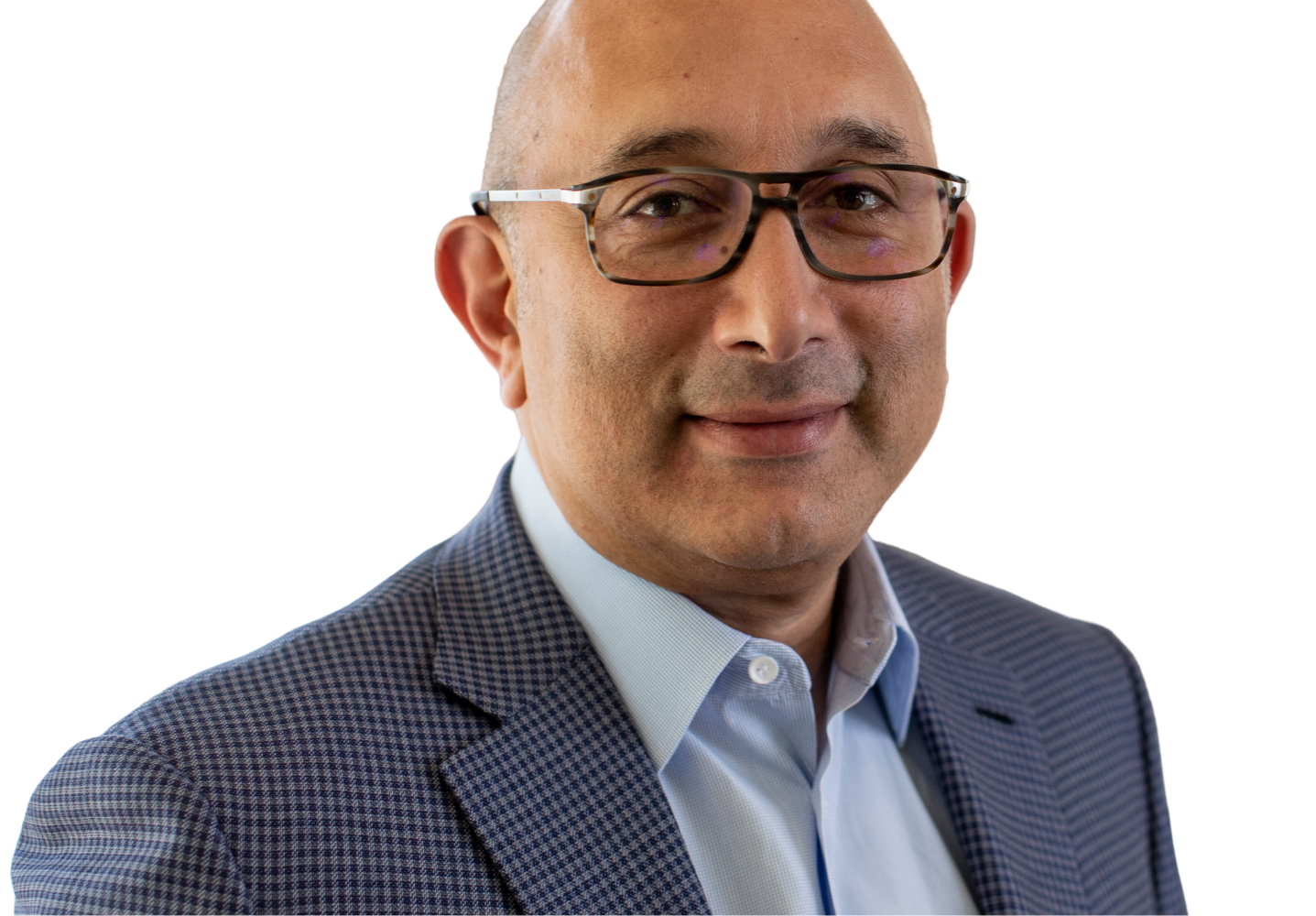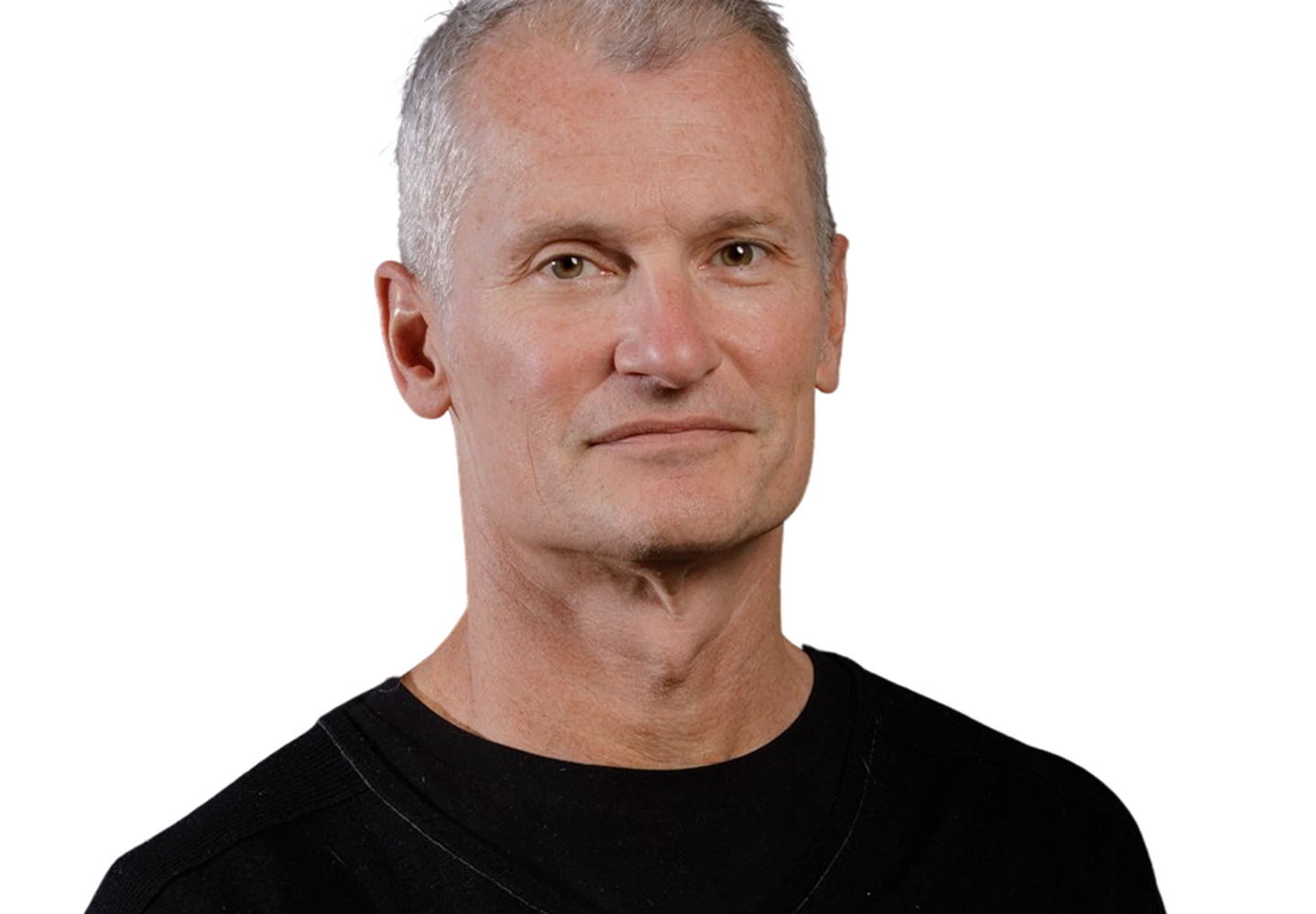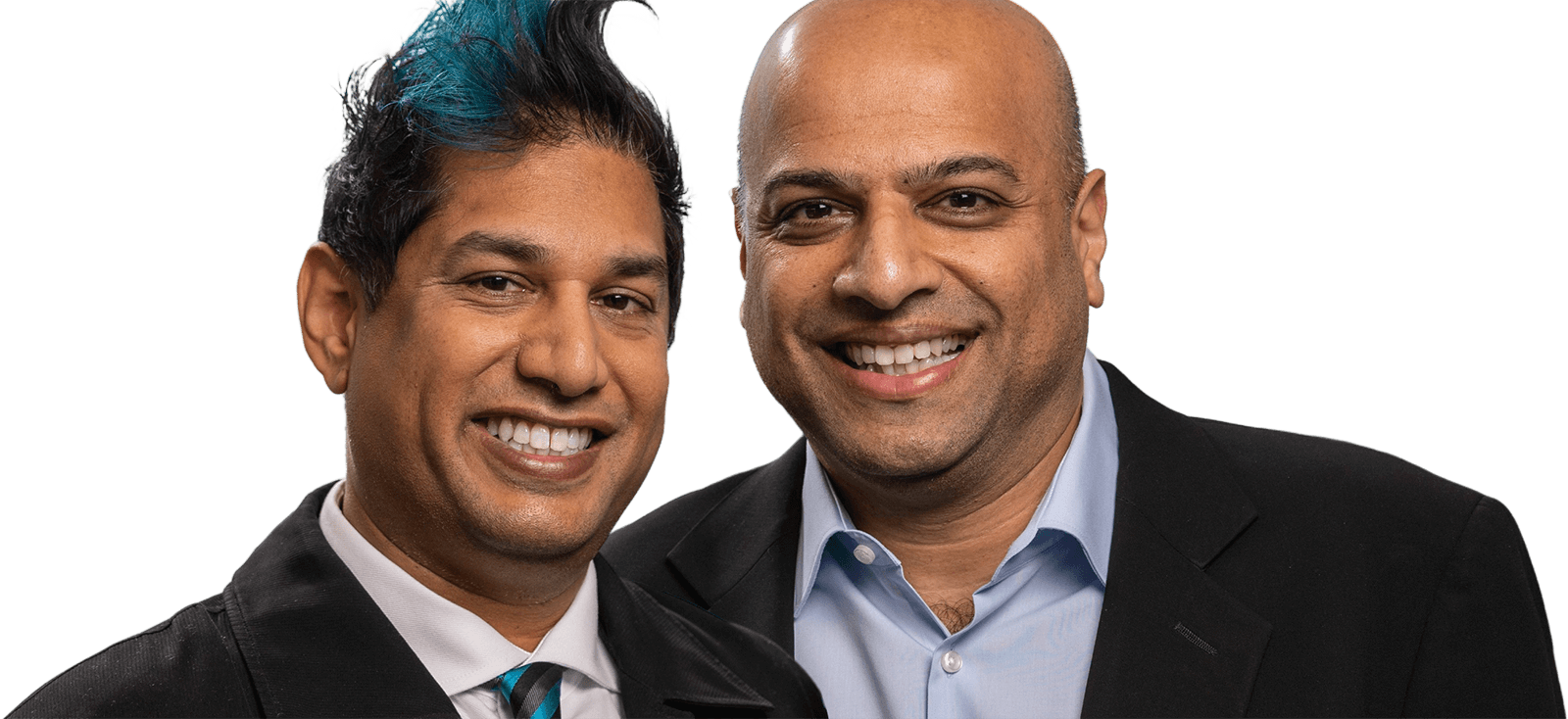What was the pain point that inspired Rover?
For most pet owners, once they have an animal, it’s almost unfathomable to imagine their life without one. There is nothing quite like the unconditional love and unadulterated enthusiasm that a dog brings into your life. Before starting Rover, which is now the world’s largest online marketplace for loving pet care, we looked at that dynamic and thought it was curious that roughly a third of households still chose not to opt into pet ownership. On the dog side, that was closer to 60% of households. There are very few things in the history of the world that actually improve our happiness, sense of belonging, and connection on an ongoing basis. We believe pet ownership is one of them.
One of the biggest reasons people don’t bring an animal into their lives is because of the logistics of life. Being single, traveling or working a lot, having chaotic schedules, or not having a yard are some of the most common reasons you’ll hear why people choose not to experience the joy of pet parenthood. So, our view was, if we could make the logistics of having a pet affordable, high quality, convenient, and digital, we could actually move the needle on pet ownership. And in so doing, we could maybe move the needle on human happiness in a way that most businesses cannot. That inspired us to start Rover, and that’s what we’ve been working on from day one.
It was definitely a first-hand pain point for me. I don’t think I ever opted out of trips because I didn’t have someone to watch my dog, but I did what most people do — get out my Rolodex of friends, family, and neighbors and ask for help. That is tougher for people who are new to a city. While it worked pretty well for me, even that had its pain points. You can go back to the same friends too often — they just do it out of a sense of social obligation. And as part of that social obligation, I also came to the conclusion that it was really difficult to insist on care standards. When someone is doing you a favor, it is a lot more difficult to say, “Caramel needs to sleep in the bed. She needs belly rubs. She needs this ointment on her paws.” That dynamic was very visceral to me when we started Rover.
The fact that Madrona specializes in early stage, whether it’s incubation or just early stage in general, means they really understand the ups and downs and the unknowable nature of building companies — not all investors appreciate that.
What is it like to work with Madrona?
We launched in 2011, and Madrona actually incubated, funded, and helped build our team right there at Madrona’s offices, so we are in a little bit of a unique situation. There are a couple of things that stand out in my mind about Madrona that apply whether a company is incubated with them or not.
Madrona has decades of successful experience in early-stage companies, and the reason why that’s important and such a differentiator for me versus other types of investors was because of the ups and downs that come with launching a startup. Whatever you thought about your business when you launched it, three months later, six months later, you’re likely going to be wrong. The fact that Madrona specializes in early stage, whether it’s incubation or just early stage in general, means they really understand the ups and downs and the unknowable nature of building companies — not all investors appreciate that. We’ve come across investors that say things like, “What do you mean that this didn’t happen exactly as you thought it would.” As a startup, you’re learning, optimizing, and changing, so some of your assumptions will be wrong. With Madrona, there was never a view that evolving was a fundamental barrier that got in the way of the core opportunity we were going after. They have a lot of empathy for companies at that stage.
Madrona has been a clear believer in Rover, and they challenged us to continue reimagining how big Rover could be. You would think that for an early-stage investor whose return on Rover has been a bit wild that there would be some desire to lock in those returns and call it a day. But far from it. Madrona is focused on, “how do we get to the next billion? What else can we do?” Issues around fund age or anything similar don’t even enter a conversation. Some investors will actually ask questions about exit strategy or timing of exit, and those hypotheticals are just not at the top of Madrona’s mind. And that has been refreshing and useful. For example, during the darkest of the dark days during the pandemic, we had an acquisition offer for the company. And Scott was like, “Hey, if this is the route you want to go, okay. But just so you know, I don’t want to sell at this price. I think Rover can be worth a lot more. And more importantly, I think that you’re still just getting started.” That type of constructive optimism and support that is unrelated to fund dynamics is really nice.
Tell us about a Madrona Moment.
I don’t know if there is any one moment — it’s a collection of moments. Some investors put money in, and it is incredibly difficult to get them to do work on behalf of the company, but they’re happy to tell you what you should be doing. Or when you have a tough problem and want some time and advice, you can connect with them in three weeks to receive some superficial advice that’s not useful. But Greg and Scott have built an incredibly robust reputation with me as investors and directors, where when I call them, and I want their advice on something, regardless of how busy they are, I hear from them almost instantly, and things get moved around. They want to accommodate and have deep, substantial discussions — not offer up bumper sticker slogans. I know it is a luxury, and I’m so appreciative of them.
Madrona was also incredibly helpful when it came to securing our non-Madrona financing rounds. We had two fundraises that were particularly challenging because a big-name investor had bet on a competitor, so we were written off for dead. Madrona was motivating and supportive, introducing us to other investors in our network that were not going to be scared off by whatever press clippings they were reading, and who were curious about the details of the company and the management team. I don’t think we would have been able to secure those rounds if Madrona had not been our investor and helped.
While Madrona is more early stage, they also have various companies on the B2B and B2C sides. That breadth — I have also found to be so helpful. Some investors view themselves as experts in specific domain areas or categories. But the wisdom from people outside your vertical can be instrumental. Madrona has examples of things companies have been through across stages, from when they went public or faced certain organizational dynamics. With Madrona comes that expertise that a specialist may not always have. And I think sometimes specialists are much more locked into their way of thinking — like these types of businesses go this specific way, so you have to think about it this way. There is just inherently a little bit more flexibility in thinking from a partner like Madrona than certain other companies.
What have you learned about yourself while building a company, assembling a team, fundraising, and going public?
I think being an entrepreneur is a journey of self-discovery and particularly of self-failure. Everyone has their weaknesses, everyone has their failings, and everyone certainly does things that periodically fail. I think being an entrepreneur is a way of forcing you to either get really present and admit that very quickly, or you spend a lot of your time on the wrong things. You have to be able to be objective without losing sight of your mission. I think I knew that more intellectually, but the degree to which that’s true has been reinforced. I get a lot of energy working with incredibly talented people on hard problems is also something that I’ve learned about myself. I’d say people have always viewed me as analytical, strategic, or very logical. But the degree to which I get energy from tackling tough problems with smart, capable people is something that’s just become so much more present for me.
What is the most important lesson you have learned during your company-building journey?
Choose your investor partners wisely to the extent you have a choice. Small differences in valuation don’t matter in the term sheet if the investor is going to be a drag on the company and the entrepreneur’s focus going forward. That’s not to say that investors and board members don’t have oversight obligations. They do. But nothing destroys a company like board dysfunction. Having a partner that’s accretive versus destructive is worth a lot. I think sometimes entrepreneurs mistake valuations on a term sheet as an indicator of the future value of their stock, and sometimes they mistake it as a proof point of their success. I think it’s a mistake to do so. Think about particularly early-stage investors as a marriage. It’s more essential to find the right partner than to check off the items that seem a little bit sexier.





